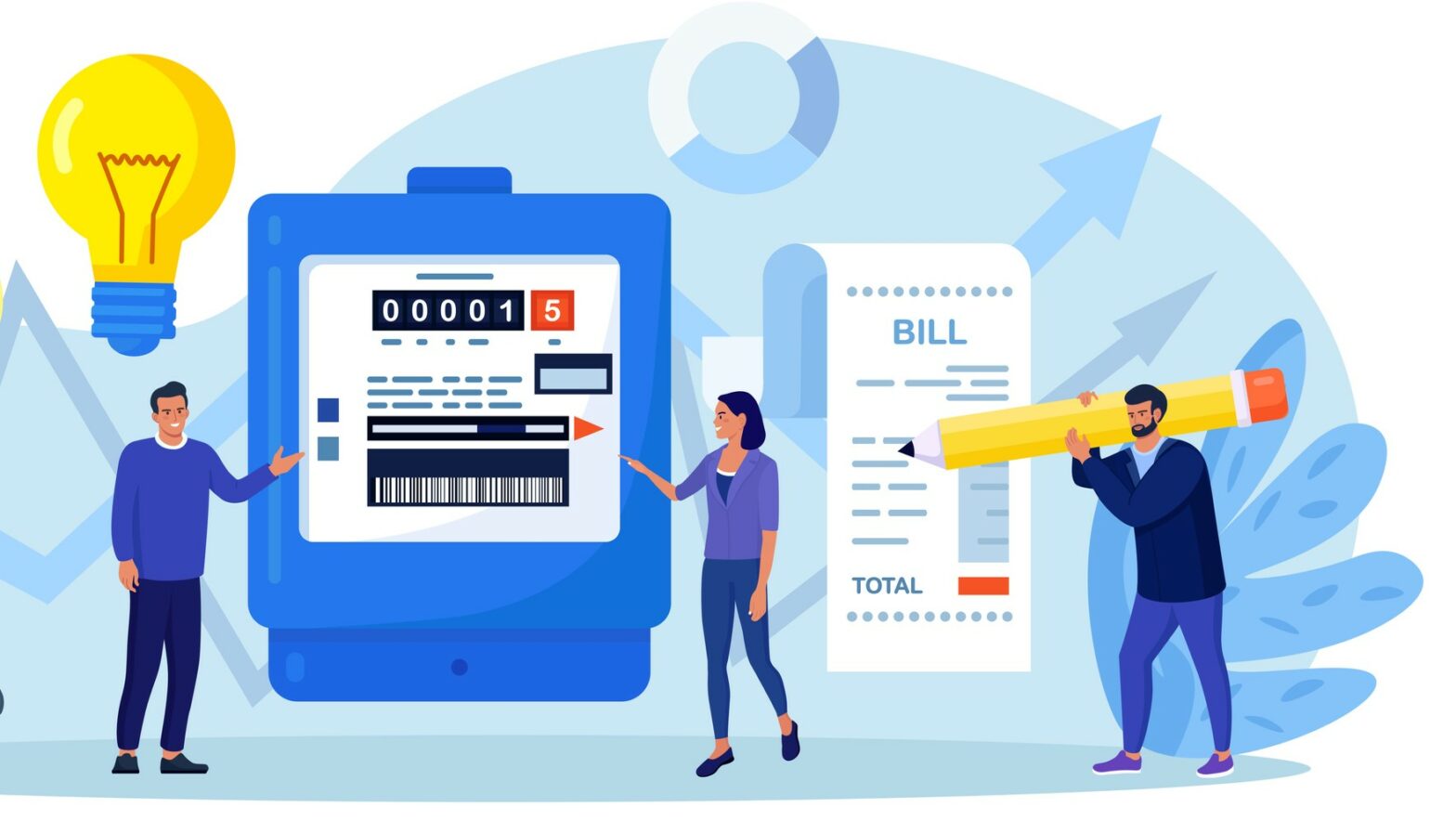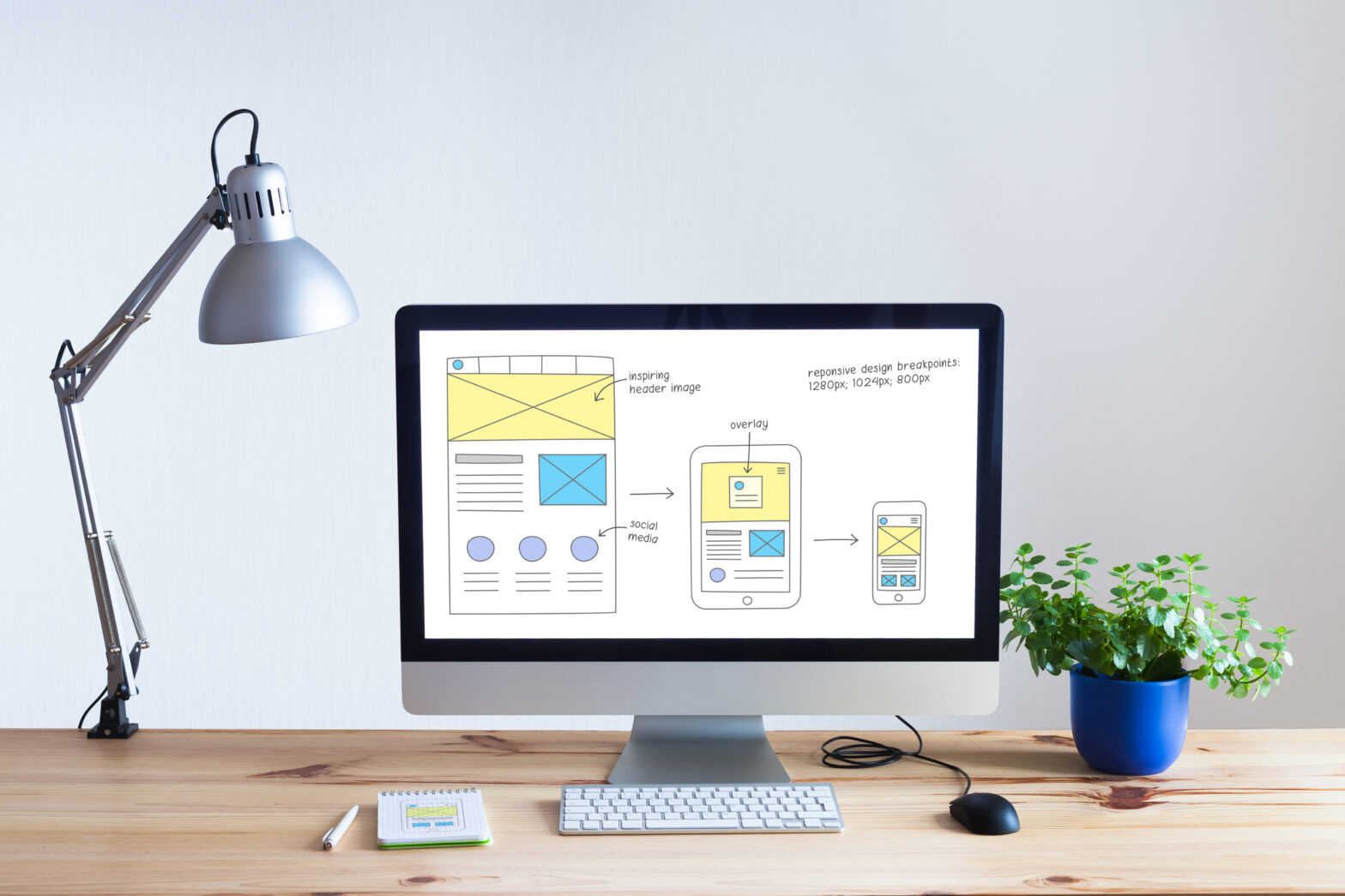If you run one of the UK’s 5.2 million micro businesses, there’s a good chance you’re paying your energy provider too much for your gas and electricity.
Bionic, the business energy experts, surveyed a range of micro business owners and found that 29 per cent think they’re on the more expensive standard variable rate from their energy provider. Of the 50 per cent that were on a fixed rate, 47 per cent had accepted their existing supplier’s renewal rate – these are rarely the most competitive offers.
You might also have some misconceptions about business energy that could see you out of pocket.
Thousands of firms join £2bn lawsuit against energy giants – Energy giants paying brokers secret commissions pumped up energy bills for thousands of unwitting small businesses, claims campaigning law firm
One in ten business owners surveyed thought that energy contracts weren’t legally binding, while 62 per cent assumed there was a 14-day cooling off period on business energy, as there is with domestic energy.
Little misunderstandings like this can have a big impact on your energy bills. So, before we look at how switching energy provider can save you money (and how using a broker can also save you valuable time), let’s highlight the differences between switching on domestic and business energy contracts.
Business energy vs household energy
If you regularly switch household energy, you’re probably used to simply going online and picking from a few off-the-shelf energy deals. Suppliers can offer these generic deals because most households, no matter the size, use energy in broadly the same way – gas for heating and cooking, electricity for lighting and appliances.
But an energy provider can’t do the same for businesses.
Let’s say you look at two businesses that appear to be quite similar on the face of things – both are run from commercial premises, both employ seven staff members, and both have a similar-sized turnover and balance sheet. But if you then consider that one is a hair salon in Sheffield and the other a kebab shop in Kent, it becomes clear that both will have different ways of using energy, probably at completely different times of the day. All these factors – including location – help determine the rates each will pay.
That’s why the energy comparison and switching process is more time-intensive for business owners.
5 differences between business and household energy
And there are some other differences you need to consider, including:
#1 – Different rates and charges
Domestic and business rates are often different to reflect usage patterns and volumes. VAT is set at 5 per cent on household energy bills, while it’s 20 per cent for businesses (with certain exceptions), but VAT-registered businesses should be able to reclaim these costs.
#2 – Long-term fixed rates
Most domestic deals run for 12 months and offer an early exit option. But business energy rates can be fixed for up to four years or more.
#3 – No cooling-off period
Unlike with domestic energy, business energy contracts do not come with a cooling-off period. And energy contracts are legally binding – once you sign, you’re locked in for the duration of the contract (though there are certain circumstances when you can cancel your contract).
#4 – Single fuel switching
While domestic customers are often offered dual-fuel deals, business gas and electricity contracts are sold separately. Although you can still have the same supplier for both, you’ll have a separate contract for each.
#5 – No price cap on business energy
Domestic energy rates are capped to help keep costs down for households, but there’s no such protection for business energy users. Instead of a price cap, the Government offers a discount on eligible commercial energy contracts via the Energy Bills Discount Scheme.
As you can see, there are quite a few key differences that it’s useful to know about. That’s why it’s a good idea to use a comparison website or a broker to help arrange your commercial energy contracts.
Why use a broker to compare business energy quotes?
If you’re a hands-on business owner who looks after everything from customer service to cash flow, you might also want to handle the utilities. But bear in mind that you’ll need to speak to several suppliers to make sure you’re getting a good deal. And if you use gas and electricity, you’ll need to repeat the process for both fuels.
This can take a lot of time and effort, especially when you consider you’ll need to repeat details of your business and its energy use on every call.
Using a business energy broker means you only need to do this once and then they’ll use these details to compare from a range of suppliers. This will save time and instantly give you an idea of what represents a good rate for your energy.
You also need to remember that energy contracts are legally binding and that there’s no cooling-off period. Signing up for an unsuitable contract could see you overspending, and with no option to leave until the scheduled end date. If this is a couple of years down the line, you could be well out of pocket.
Using a broker means you can talk through the quotes with an energy expert to help make sure you pick the contract that’s right for your business.
4 things to consider when choosing a broker
- Brokers make money from commissions paid to them by the supplier, and they should always let you know exactly how much this will be
- A reputable broker will not charge any hidden fees, so the rates you’re quoted are the rates you’ll pay
- Your comparison should be no-obligation, so feel free to walk away at any time
- Your broker may compare quotes from a panel of suppliers. If so, you’ll not be getting a full-market view of rates but should still get a representative selection. Working with a select group of suppliers can help brokers negotiate exclusive rates and ensure you’re switched to a provider that suits your needs
You’ve seen how commercial energy contracts differ to domestic ones, and how using a broker can save you time and hassle, but can switching your energy provider save you money?
Can you save money by switching energy suppliers?
Another finding of the Bionic study was that many business owners are cynical as to the potential to save money by comparing suppliers. There’s a feeling that they’re all the same and will charge high rates regardless of the business.
While it’s true that prices have been higher and more volatile than ever before, signs are that the market is calming down. And although prices are still higher than before the energy price crisis, if you signed a contract when rates were at their highest, there’s a good chance you’ll save money when you next renew.
But the thing to bear in mind when it comes to saving money by switching is that energy prices usually increase over the year – thankfully not at the rates we’ve seen recently – but what it means is that you can usually expect to pay higher rates on your new contract than what you are currently paying. That’s just inflation.
The money-saving element comes in when you compare what you’d pay on a new fixed contract to what you’d pay on a standard variable contract.
If you let your energy contract expire without arranging a new one, your supplier will automatically put you on these more expensive variable rates. The good news is that you’re free to switch at any time, and signing a fixed rate contract should help you save money.
It’s also worth knowing that when you move into new business premises, you’ll be placed on “deemed” rates until you arrange a fixed rate contract. Again, these are more expensive, meaning you should save money by switching.
More on energy deals
7 electricity suppliers for small businesses – We provide information on seven electricity suppliers, looking at their green credentials, affordability and customer service
Small business energy grants – What’s available either nationally, regionally or at local authority level.







